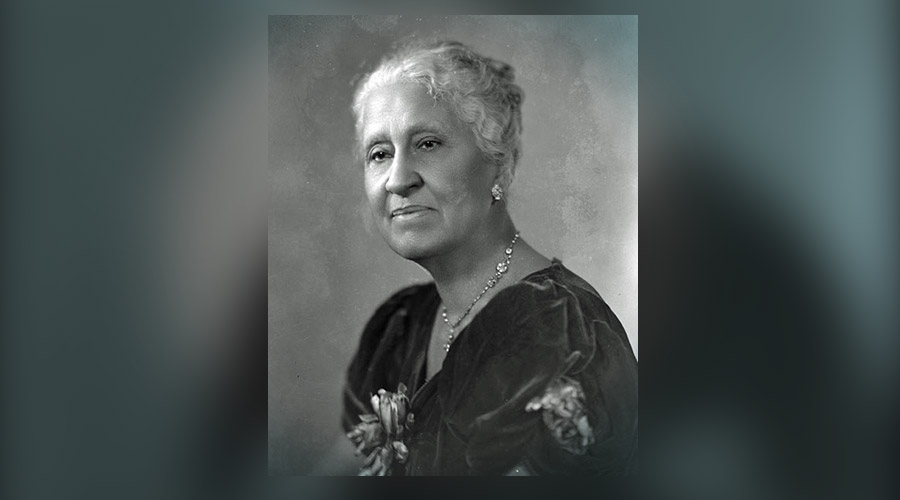March is Women’s History Month, commemorating the accomplishments and contributions of women throughout history. 2022’s theme for Women’s History Month is ‘Providing Healing, Promoting Hope’, a tribute to both the selfless work of frontline workers, and women from all cultures who have “provided healing and hope throughout history.”
Women’s History Month draws its roots from International Women’s Day, which is celebrated globally on March 8. In 1987, Congress made the decision to declare the entire month of March as Women’s History Month.
Women have played an integral role in shaping history and demanding equality, but the historic contributions of Black women in the fight for the right to vote have often been overlooked.
An Abridged Timeline Celebrating the Impact of Black Women in the Fight for Equal Rights.
1848: Black women were excluded from the Women’s Rights Convention in Seneca Falls, New York. But this did not end their advocacy or attendance at other events. Abolitionist Sojourner Truth delivered one of the most famous (and controversial) speeches regarding abolition in 1851 at a Women’s Rights Convention in Akron, Ohio.
1892: The Colored Women’s League was established in Washington, D.C. to advocate for the rights of Black women. Activist and Oberlin college graduate Mary Church Terrell, co-founded the organization. A full-time high school teacher, Terrell also helped found the National Association for the Advancement of Colored People (NAACP), National Association of College Women and the Delta Sigma Theta Sorority.
1896: The National Association of Colored Women (NACW) was founded by Terrell, Harriet Tubman and Ida B. Wells, among other prominent Black suffragists and abolitionists. Tubman, a former enslaved person is known for repeatedly risking her life to free other enslaved people before and during the Civil War. Ida B. Wells was a journalist who, approximately 90 years following her death, received a 2020 “Pulitzer Prize for her outstanding and courageous reporting on the horrific and vicious violence against African Americans during the era of lynching.”
1920: The 19th Amendment became law, giving women the right to vote. However, this amendment did not end the fight to vote for women of color, who continued to face significant voting obstacles.
1952: “Charlotta Bass runs for U.S. vice president as the Progressive Party nominee, becoming the first Black woman to run for national office.”
1965: The Voting Rights Act of 1965 is passed, prohibiting any effort to stop Black men and women from exercising their right to vote. “Many women played important roles in the Civil Rights Movement, from leading local civil rights organizations to serving as lawyers on school segregation lawsuits,” according to the Library of Congress, which has collected their narratives thanks to a collaboration between the American Folklife Center and the National Museum of African American History and Culture.
Read more about Smith’s continuing advocacy to maintain the civil rights of Black voters.






